@import url(https://www.ratisbonne.org.il/bk/wp-content/plugins/siteorigin-panels/css/front-flex.min.css); #pgc-4108-0-0 , #pgc-4108-0-2 { width:10%;width:calc(10% – ( 0.9 * 30px ) ) } #pgc-4108-0-1 { width:80%;width:calc(80% – ( 0.2 * 30px ) ) } #pl-4108 #panel-4108-0-1-0 { } #pl-4108 .so-panel { margin-bottom:30px } #pl-4108 .so-panel:last-child { margin-bottom:0px } #pg-4108-0.panel-no-style, #pg-4108-0.panel-has-style > .panel-row-style { -webkit-align-items:flex-start;align-items:flex-start } @media (max-width:780px){ #pg-4108-0.panel-no-style, #pg-4108-0.panel-has-style > .panel-row-style { -webkit-flex-direction:column;-ms-flex-direction:column;flex-direction:column } #pg-4108-0 .panel-grid-cell { margin-right:0 } #pg-4108-0 .panel-grid-cell { width:100% } #pgc-4108-0-0 , #pgc-4108-0-1 { margin-bottom:30px } #pl-4108 .panel-grid-cell { padding:0 } #pl-4108 .panel-grid .panel-grid-cell-empty { display:none } #pl-4108 .panel-grid .panel-grid-cell-mobile-last { margin-bottom:0px } }
Parashat Ki Tavo
@import url(https://www.ratisbonne.org.il/bk/wp-content/plugins/siteorigin-panels/css/front-flex.min.css); #pgc-4099-0-0 , #pgc-4099-0-2 { width:10%;width:calc(10% – ( 0.9 * 30px ) ) } #pgc-4099-0-1 { width:80%;width:calc(80% – ( 0.2 * 30px ) ) } #pl-4099 #panel-4099-0-1-0 { } #pl-4099 .so-panel { margin-bottom:30px } #pl-4099 .so-panel:last-child { margin-bottom:0px } #pg-4099-0.panel-no-style, #pg-4099-0.panel-has-style > .panel-row-style { -webkit-align-items:flex-start;align-items:flex-start } @media (max-width:780px){ #pg-4099-0.panel-no-style, #pg-4099-0.panel-has-style > .panel-row-style { -webkit-flex-direction:column;-ms-flex-direction:column;flex-direction:column } #pg-4099-0 .panel-grid-cell { margin-right:0 } #pg-4099-0 .panel-grid-cell { width:100% } #pgc-4099-0-0 , #pgc-4099-0-1 { margin-bottom:30px } #pl-4099 .panel-grid-cell { padding:0 } #pl-4099 .panel-grid .panel-grid-cell-empty { display:none } #pl-4099 .panel-grid .panel-grid-cell-mobile-last { margin-bottom:0px } }
Twenty-first Sunday in Ordinary Time
@import url(https://www.ratisbonne.org.il/bk/wp-content/plugins/siteorigin-panels/css/front-flex.min.css); #pgc-4078-0-0 , #pgc-4078-0-2 { width:10%;width:calc(10% – ( 0.9 * 30px ) ) } #pgc-4078-0-1 { width:80%;width:calc(80% – ( 0.2 * 30px ) ) } #pl-4078 #panel-4078-0-1-0 { } #pl-4078 .so-panel { margin-bottom:30px } #pl-4078 .so-panel:last-child { margin-bottom:0px } #pg-4078-0.panel-no-style, #pg-4078-0.panel-has-style > .panel-row-style { -webkit-align-items:flex-start;align-items:flex-start } @media (max-width:780px){ #pg-4078-0.panel-no-style, #pg-4078-0.panel-has-style > .panel-row-style { -webkit-flex-direction:column;-ms-flex-direction:column;flex-direction:column } #pg-4078-0 .panel-grid-cell { margin-right:0 } #pg-4078-0 .panel-grid-cell { width:100% } #pgc-4078-0-0 , #pgc-4078-0-1 { margin-bottom:30px } #pl-4078 .panel-grid-cell { padding:0 } #pl-4078 .panel-grid .panel-grid-cell-empty { display:none } #pl-4078 .panel-grid .panel-grid-cell-mobile-last { margin-bottom:0px } }
Parashat Ki Teitzei
@import url(https://www.ratisbonne.org.il/bk/wp-content/plugins/siteorigin-panels/css/front-flex.min.css); #pgc-4069-0-0 , #pgc-4069-0-2 { width:10%;width:calc(10% – ( 0.9 * 30px ) ) } #pgc-4069-0-1 { width:80%;width:calc(80% – ( 0.2 * 30px ) ) } #pl-4069 #panel-4069-0-1-0 { } #pl-4069 .so-panel { margin-bottom:30px } #pl-4069 .so-panel:last-child { margin-bottom:0px } #pg-4069-0.panel-no-style, #pg-4069-0.panel-has-style > .panel-row-style { -webkit-align-items:flex-start;align-items:flex-start } @media (max-width:780px){ #pg-4069-0.panel-no-style, #pg-4069-0.panel-has-style > .panel-row-style { -webkit-flex-direction:column;-ms-flex-direction:column;flex-direction:column } #pg-4069-0 .panel-grid-cell { margin-right:0 } #pg-4069-0 .panel-grid-cell { width:100% } #pgc-4069-0-0 , #pgc-4069-0-1 { margin-bottom:30px } #pl-4069 .panel-grid-cell { padding:0 } #pl-4069 .panel-grid .panel-grid-cell-empty { display:none } #pl-4069 .panel-grid .panel-grid-cell-mobile-last { margin-bottom:0px } }
Twentieth Sunday in Ordinary Time
@import url(https://www.ratisbonne.org.il/bk/wp-content/plugins/siteorigin-panels/css/front-flex.min.css); #pgc-4048-0-0 , #pgc-4048-0-2 { width:10%;width:calc(10% – ( 0.9 * 30px ) ) } #pgc-4048-0-1 { width:80%;width:calc(80% – ( 0.2 * 30px ) ) } #pl-4048 #panel-4048-0-1-0 { } #pl-4048 .so-panel { margin-bottom:30px } #pl-4048 .so-panel:last-child { margin-bottom:0px } #pg-4048-0.panel-no-style, #pg-4048-0.panel-has-style > .panel-row-style { -webkit-align-items:flex-start;align-items:flex-start } @media (max-width:780px){ #pg-4048-0.panel-no-style, #pg-4048-0.panel-has-style > .panel-row-style { -webkit-flex-direction:column;-ms-flex-direction:column;flex-direction:column } #pg-4048-0 .panel-grid-cell { margin-right:0 } #pg-4048-0 .panel-grid-cell { width:100% } #pgc-4048-0-0 , #pgc-4048-0-1 { margin-bottom:30px } #pl-4048 .panel-grid-cell { padding:0 } #pl-4048 .panel-grid .panel-grid-cell-empty { display:none } #pl-4048 .panel-grid .panel-grid-cell-mobile-last { margin-bottom:0px } }
Parashat Shoftim
@import url(https://www.ratisbonne.org.il/bk/wp-content/plugins/siteorigin-panels/css/front-flex.min.css); #pgc-4039-0-0 , #pgc-4039-0-2 { width:10%;width:calc(10% – ( 0.9 * 30px ) ) } #pgc-4039-0-1 { width:80%;width:calc(80% – ( 0.2 * 30px ) ) } #pl-4039 #panel-4039-0-1-0 { } #pl-4039 .so-panel { margin-bottom:30px } #pl-4039 .so-panel:last-child { margin-bottom:0px } #pg-4039-0.panel-no-style, #pg-4039-0.panel-has-style > .panel-row-style { -webkit-align-items:flex-start;align-items:flex-start } @media (max-width:780px){ #pg-4039-0.panel-no-style, #pg-4039-0.panel-has-style > .panel-row-style { -webkit-flex-direction:column;-ms-flex-direction:column;flex-direction:column } #pg-4039-0 .panel-grid-cell { margin-right:0 } #pg-4039-0 .panel-grid-cell { width:100% } #pgc-4039-0-0 , #pgc-4039-0-1 { margin-bottom:30px } #pl-4039 .panel-grid-cell { padding:0 } #pl-4039 .panel-grid .panel-grid-cell-empty { display:none } #pl-4039 .panel-grid .panel-grid-cell-mobile-last { margin-bottom:0px } }
Nineteenth Sunday in Ordinary Time
@import url(https://www.ratisbonne.org.il/bk/wp-content/plugins/siteorigin-panels/css/front-flex.min.css); #pgc-4010-0-0 , #pgc-4010-0-2 { width:10%;width:calc(10% – ( 0.9 * 30px ) ) } #pgc-4010-0-1 { width:80%;width:calc(80% – ( 0.2 * 30px ) ) } #pl-4010 #panel-4010-0-1-0 { } #pl-4010 .so-panel { margin-bottom:30px } #pl-4010 .so-panel:last-child { margin-bottom:0px } #pg-4010-0.panel-no-style, #pg-4010-0.panel-has-style > .panel-row-style { -webkit-align-items:flex-start;align-items:flex-start } @media (max-width:780px){ #pg-4010-0.panel-no-style, #pg-4010-0.panel-has-style > .panel-row-style { -webkit-flex-direction:column;-ms-flex-direction:column;flex-direction:column } #pg-4010-0 .panel-grid-cell { margin-right:0 } #pg-4010-0 .panel-grid-cell { width:100% } #pgc-4010-0-0 , #pgc-4010-0-1 { margin-bottom:30px } #pl-4010 .panel-grid-cell { padding:0 } #pl-4010 .panel-grid .panel-grid-cell-empty { display:none } #pl-4010 .panel-grid .panel-grid-cell-mobile-last { margin-bottom:0px } }
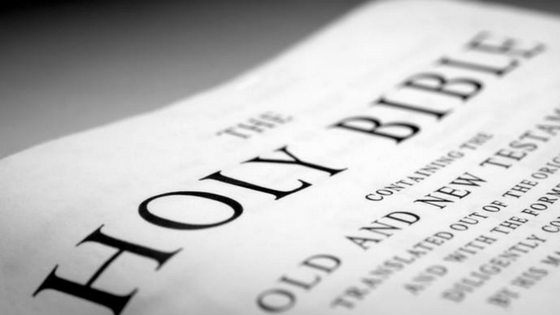
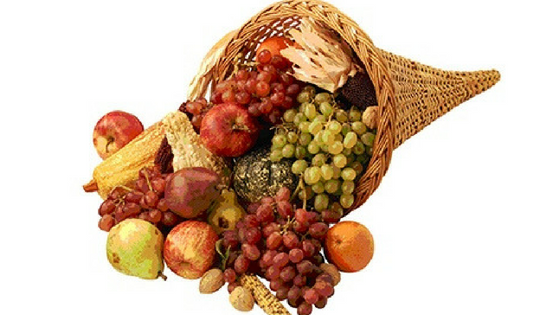
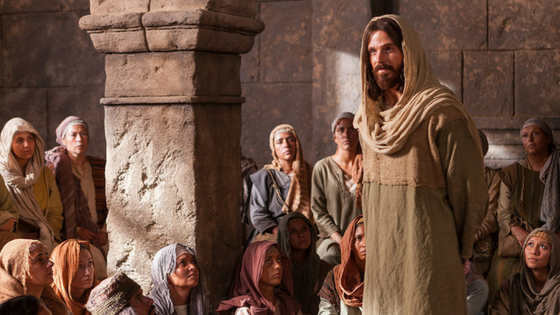
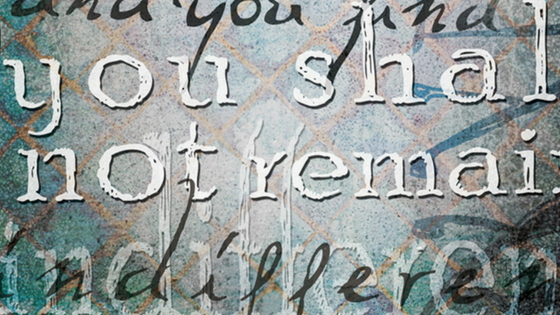
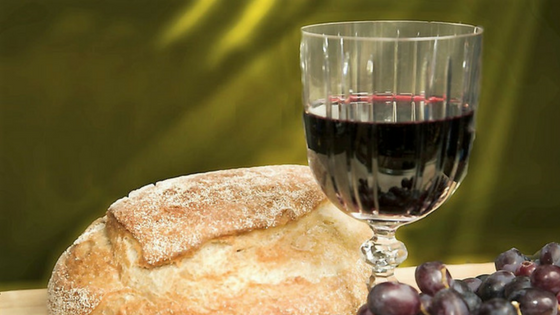

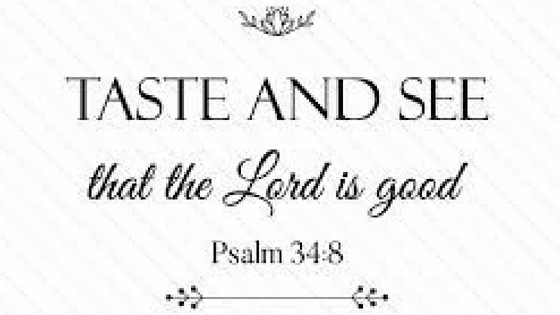
 When compared with other Psalms, the “Wisdom Psalms” including Ps. 34, are “more conscious of God’s presence in daily life”; they convey “reflection and calm strength, with moderation and appreciation for the learning experience” of each day (Stuhlmueller, 180). Urging us to taste and see the goodness of the Lord, these verses of Ps. 34 invite us to probe the quite disparate and somewhat dramatic readings from Kings, Ephesians, and John, to discover how the Psalm holds them together and illumines the insights they offer.
When compared with other Psalms, the “Wisdom Psalms” including Ps. 34, are “more conscious of God’s presence in daily life”; they convey “reflection and calm strength, with moderation and appreciation for the learning experience” of each day (Stuhlmueller, 180). Urging us to taste and see the goodness of the Lord, these verses of Ps. 34 invite us to probe the quite disparate and somewhat dramatic readings from Kings, Ephesians, and John, to discover how the Psalm holds them together and illumines the insights they offer.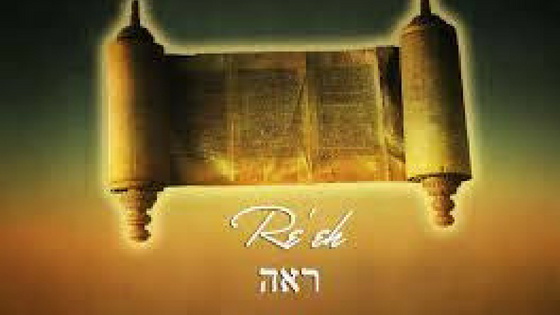
 In Parashat Re’eh, Moses exhorts the Israelites to be obedient as he presents the laws regarding the sanctuary and the rites and festivals celebrated within it. He also instructs them on the laws regarding holiness, idolatry, false prophets, clean and unclean foods, tithes, freeing slaves, among others.
In Parashat Re’eh, Moses exhorts the Israelites to be obedient as he presents the laws regarding the sanctuary and the rites and festivals celebrated within it. He also instructs them on the laws regarding holiness, idolatry, false prophets, clean and unclean foods, tithes, freeing slaves, among others.